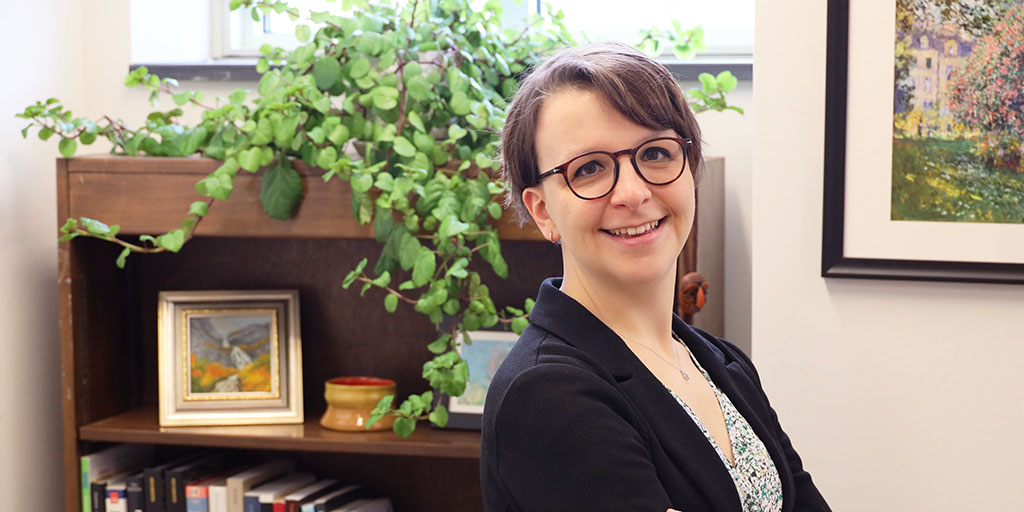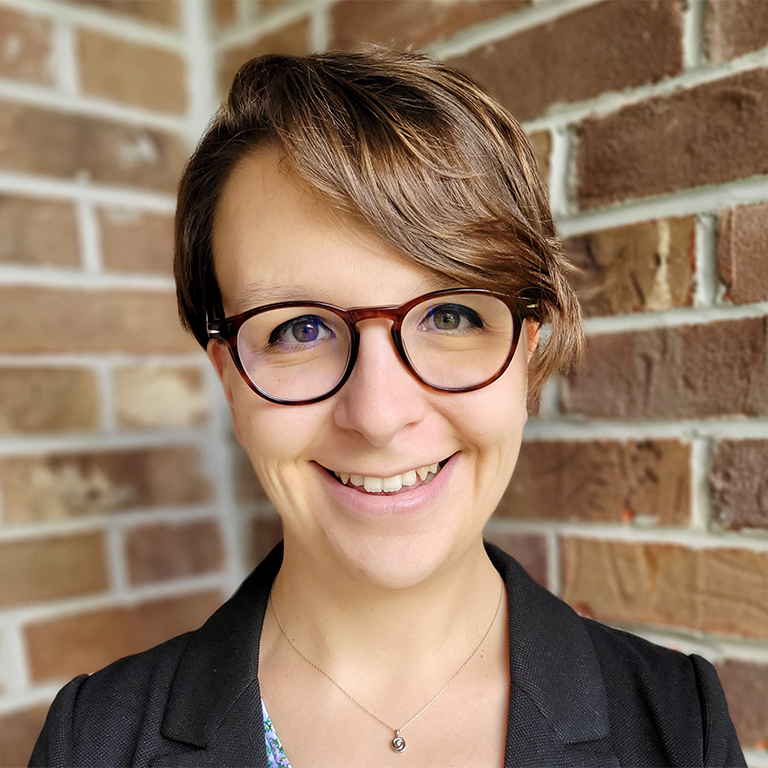It’s the first day of PBS Lecturer Öykü Üner’s introductory course on cognitive psychology and the students file in after the winter break. Üner anticipates a familiar uncertainty. Most of the students are psychology majors, but they are not quite sure what they are there to learn.
“With abnormal or social psychology,” says Üner, “they know more or less what they’re getting into. Cognitive psychology? They have no idea.”
So she gives them a short exercise: Count the number of windows in the place where they spent their break. Maybe it was their parents’ house or their own apartment.
After a minute or two has passed, Üner asks them to consider, “What did they need to do to perform this ordinary task?” The answers themselves – which include remembering the space, keeping track of the number, even determining where the category of windows begins and ends, among other acts of recollection, calculation and decision making – provide a glimpse into the new subject matter.
“It is all those processes you use on an everyday basis that you kind of take for granted, things you do all the time, really well, but don’t ever stop to think about,” Üner explains. “By the end of the class I think they are surprised by how much the subject actually relates to their lives.”
Those moments of recognition when students see the subject matter of the course reflected in their everyday lives is one of the things Üner loves most about introducing cognitive psychology to students. Studies of attention for example, have practical implications for everyday life, enabling students to better understand the limitations of this capacity, for example, when using your cell phone while driving or, for that matter, while sitting in class.




 The College of Arts
The College of Arts